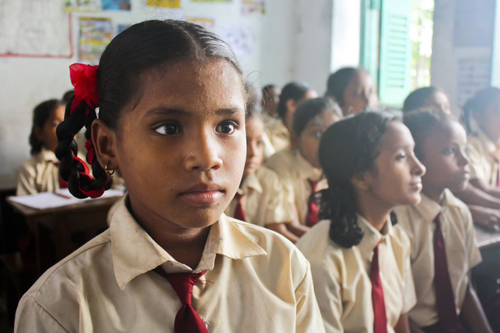
Κορίτσι Rising is the feature film to be released on March 7th, που αφηγείται τις αξέχαστες ιστορίες εννέα πραγματικών και αξιόλογων κοριτσιών από το Περού, Αΐτη, Αίγυπτος, Σιέρα Λεόνε, Αφγανιστάν, Αιθιοπία, Ινδία, Νεπάλ και Καμπότζη. Τα κορίτσια’ stories are narrated by Meryl Streep, Αν Χάθαγουεϊ, Κέιτ Μπλάνσετ, Salma Hayek, Alicia Keys, Chloe Moretz, Φρίντα Πίντο Priyanka Chopra, Selena Gomez and Kerry Washington.
This hauntingly moving film also reveals some harrowing facts. Sixty-six million girls are out of school worldwide. Girls are the victims of 80 percent of all human trafficking crimes. Girls and women are the victims of 75 percent of the AIDS cases in Sub-Saharan Africa, the region hardest hit by this disease. One hundred and fifty million girls are victims of sexual violence in a single year and 50 percent of all the sexual assaults in the world are on girls under 15. Fourteen million girls under 18 will be married this year and, tragically, the number 1 cause of death for girls 15 – 19 is childbirth. A girl born on Planet Earth has a 1 σε 4 chance of being born into poverty. Και όμως,…. If India enrolled 1 percent more girls in secondary school, their GDP would rise by $5.5 δισεκατομμύριο. Girls with 8 years of education are 4 times less likely to be married as children. A child born to a literate mother is 50 percent more likely to survive past the age of 5. A girl with an extra year of education can earn 20 percent more as an adult, and educated mothers are more than twice as likely to send their children to school. Is it any surprise that a revolution is brewing and that girls are beginning to rise up?
I asked the Academy-Award nominated director of Κορίτσι Rising, Richard E. Robbins, along with some internationally minded students, Rachel Levi, Kaoruko Mochizuki, Flicky Dodsley, Maud Paulis, and their teacher, κυρία. Audrey Enriquez of The Dwight School, to share thoughts and perspectives on the issues raised in the film Κορίτσι Rising as well as on the global community’s next steps to finding solutions.
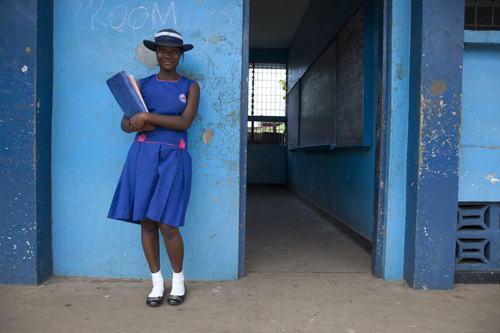
What did you think of the film Κορίτσι Rising? What did you take away with you after screening the movie?
κυρία. Ενρίκεζ: I thought it was a very unique, creative and intelligent way to engage the audience. It was like weaving a hauntingly beautiful tapestry together — first stitched with sadness, then with hope. My favorite parts were of the little girls from Egypt and Calcutta, Ινδία – the cartoons and drawings interspersed with the story made them and their sad yet hopeful plights, which verged on the surreal, become very much real, present and alive.
Ραχήλ: I have been really involved with an organization called WISER which gives girls in Muhuru Bay, Kenya the chance to get a secondary education, and so the movie had a strong impact on me. It made me think about all the reasons I became involved in WISER in the first place.
Kaoruko: Waking up early in the morning and doing our homework can be dreadful at times. But for the children globally who cannot go to school, education is a big dream. That’s what this film taught me. During and after the screening I felt a rather sad feeling inside me.
Flicky: I really enjoyed the film and I thought it was brilliant that the problems facing a lot of girls were being made even more known.
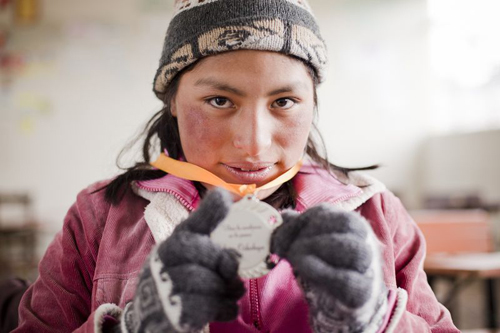
Was there any particular girl’s story that resonated especially with you?
Flicky: It was Suma’s story that resonated with me the most because of the age she was forced into bonded labor and the tasks she had to carry out. I baby-sit for a young girl who only turned 7 a week ago and I imagined her in Suma’s position.
Kaoruko: Suma had to separate from her family and go to work while her brother was able to get a proper education.
Maud: The story that stuck with me the most was that of the Afghani girl. Hearing how she was married off at the age of eleven, and then forced to have children and take care of the household rather than going to school, was heartbreaking.
Ραχήλ: Amina’s section of the movie particularly. Her hopes and dreams for the future reminded me of those of the girls at WISER in Kenya. It was that hope that sparked my passion.
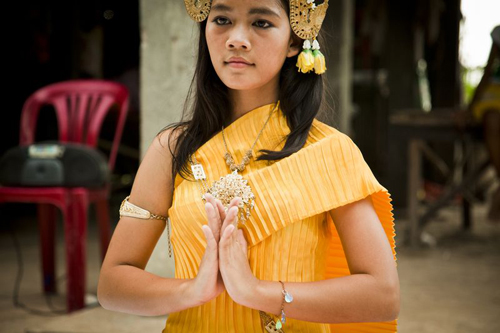
Do you believe it is our responsibility to ensure all girls, regardless of socio-economic background, ethnicity or circumstances, realize their right to a quality education?
Richard: While I do believe it is both our responsibility to do everything we can, and every person’s right to have an education, I’ve actually tried hard to stay away from a rights and responsibilities argument in the film. Not because I don’t believe in it. I believe it with all my heart. But because I don’t think it is the most effective argument to be made on behalf of educating girls. Το επιχείρημά μου υπέρ της εκπαίδευσης των κοριτσιών είναι πιο πρακτικό. We should do it because it is an incredibly powerful tool for ending global poverty.
If all girls around the globe could get an education, how do you think that would change the world?
Maud: The world would change and progress drastically. It would benefit the economy greatly. HIV/AIDS rates would plummet. Overpopulation would decrease. Not only would these cultural and health changes occur, they would also be maintained, as the next generation, with educated mothers, will have a much higher chance of being educated.
Kaoruko: If girls could get an education, the world would find new solutions to big problems that concern the world right now.
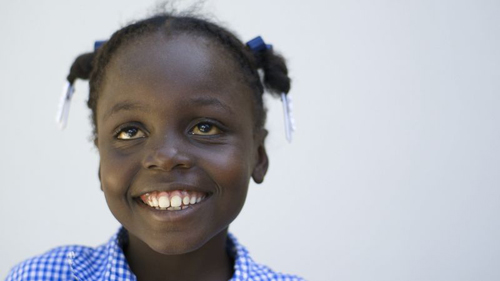
The world has seen protests by girls across Africa and Asia this year and it is clear that in places where girls are treated as second-class citizens, girls are fighting back. What role do you think Social Media has played in helping these girls? Is this a good thing?
Richard: I will tell you that even among the poorest girls we met in our travels, a surprisingly large percentage of them have cell phones. Even in villages that don’t have electricity, people save their money to pay for an hour at a charging station run off a generator. I don’t think it takes a lot of imagination to think about what it means that girls like that can be connected, even through a simple phone.
κυρία. Ενρίκεζ: It allows even the most seemingly insignificant tale from the most seemingly unimportant person in the most remote corner of the world to be told and heard by many.
Maud: Girls in Africa and Asia will learn about cultural differences and will realize from the spread of information through the Internet that they too should have the same rights.
Flicky: When I “liked” the WISER page on Facebook, a couple of my friends from England asked me what WISER was, so it was social media that led them to understanding the inequality girls face in other parts of the world.
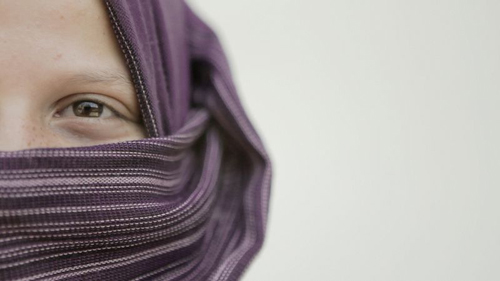
What do you hope girls and boys who view your film will do to help this important cause?
Richard: First is that they simply inform themselves about this issue. Thirty years ago global warming was not widely understood. I like to think that’s where girls’ education is now, although I hope it won’t take us 30 years to reach the level of awareness we need. Δεύτερος, we hope that people look for ways to get involved. We are at the dawn of a new era for individual philanthropic engagement. Individuals with skills, ιδέες, and money can make a dramatic difference half a world away. And finally we need people to demand change on a policy level. Right now the United States spends less than 2 cents of every development dollar on programs for girls. That simply isn’t enough.
Now that the girls in this film have come forward to tell their stories, what do you believe we can do to help their cause?
Ραχήλ: After traveling to Kenya and creating personal bonds with the girls at WISER, I understand that money is a strong way to help girls looking for an education. I have learnt that support to each individual girl brings them strength and power.
Flicky: I think the most important thing people can do to help the girls’ cause is to spread even more awareness and to join groups.
Kaoruko: Donate pencils, notebooks and any other school equipment that a child can use.
Maud: I’m already involved in the WISER group supporting girls’ εκπαίδευση. I now know I want to continue supporting girls’ εκπαίδευση.
κυρία. Ενρίκεζ: I believe in education. Spread the word that there are girls rising — tell your friends, οικογένεια, γείτονες, κοινότητα. Tell them about their stories; tell them about the film Κορίτσι Rising.
For information on the campaign to educate girls in developing nations.

All photos are courtesy of Girl Rising and The Dwight School.
Στο παγκόσμιο Αναζήτηση για Εκπαίδευση, μαζί μου και παγκοσμίως γνωστή ηγέτες σκέψης συμπεριλαμβανομένου του Sir Michael Κομμωτήριο (Ηνωμένο Βασίλειο), Ο Δρ. Michael Block (ΗΠΑ), Ο Δρ. Leon Botstein (ΗΠΑ), Καθηγητής Clay Christensen (ΗΠΑ), Ο Δρ. Linda Ντάρλινγκ-Hammond (ΗΠΑ), Ο Δρ. Madhav Chavan (Ινδία), Ο καθηγητής Michael Fullan (Καναδάς), Ο καθηγητής Howard Gardner (ΗΠΑ), Ο καθηγητής Andy Hargreaves (ΗΠΑ), Ο καθηγητής Yvonne Hellman (Η Ολλανδία), Ο καθηγητής Kristin Helstad (Νορβηγία), Jean Hendrickson (ΗΠΑ), Καθηγητής Rose Hipkins (Νέα Ζηλανδία), Καθηγητής Cornelia Hoogland (Καναδάς), Αξιότιμο Jeff Johnson (Καναδάς), Η κ. Chantal Kaufmann (Βέλγιο), Ο Δρ. Eija Kauppinen (Φινλανδία), Υφυπουργός Tapio Kosunen (Φινλανδία), Ο καθηγητής Dominique Λαφοντέν (Βέλγιο), Ο καθηγητής Hugh Lauder (Ηνωμένο Βασίλειο), Καθηγητής Ben Levin (Καναδάς), Lord Ken Macdonald (Ηνωμένο Βασίλειο), Καθηγητής Barry McGaw (Αυστραλία), Shiv Nadar (Ινδία), Καθηγητής R. Natarajan (Ινδία), Ο Δρ. PAK NG (Σιγκαπούρη), Ο Δρ. Denise Πάπα (ΗΠΑ), Sridhar Rajagopalan (Ινδία), Ο Δρ. Diane Ravitch (ΗΠΑ), Richard Wilson Riley (ΗΠΑ), Sir Ken Robinson (Ηνωμένο Βασίλειο), Καθηγητής Pasi Sahlberg (Φινλανδία), Andreas Schleicher (PISA, ΟΟΣΑ), Ο Δρ. Anthony Seldon (Ηνωμένο Βασίλειο), Ο Δρ. David Shaffer (ΗΠΑ), Ο Δρ. Kirsten Μοναδική Are (Νορβηγία), Στήβεν Spahn (ΗΠΑ), Yves Theze (Lycee Francais Η.Π.Α.), Ο καθηγητής Charles Ungerleider (Καναδάς), Ο καθηγητής Tony Wagner (ΗΠΑ), Sir David Watson (Ηνωμένο Βασίλειο), Καθηγητής Dylan Γουίλιαμ (Ηνωμένο Βασίλειο), Ο Δρ. Mark Wormald (Ηνωμένο Βασίλειο), Ο καθηγητής Theo Wubbels (Η Ολλανδία), Ο καθηγητής Michael Young (Ηνωμένο Βασίλειο), και ο καθηγητής Minxuan Zhang (Κίνα) καθώς εξερευνούν τα μεγάλα ζητήματα της εκπαίδευσης εικόνα που όλα τα έθνη αντιμετωπίζουν σήμερα. Η Παγκόσμια αναζήτηση για την Εκπαίδευση της Κοινότητας Σελίδα
C. M. Rubin είναι ο συγγραφέας των δύο πολυδιαβασμένα online σειρά για την οποία έλαβε ένα 2011 Βραβείο Upton Sinclair, “Η Σφαιρική Αναζήτηση για Εκπαίδευση” και “Πώς θα μας Διαβάστε?” Είναι επίσης ο συγγραφέας του μπεστ σέλερ τρία βιβλία, Συμπεριλαμβανομένων Η Ρεάλ Αλίκη στη Χώρα των Θαυμάτων.




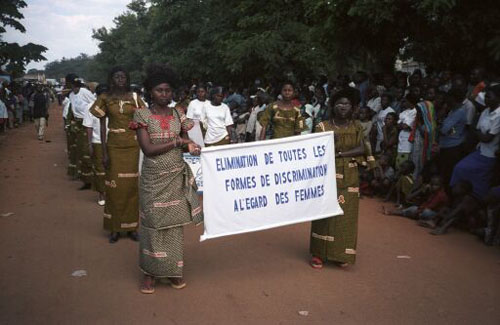
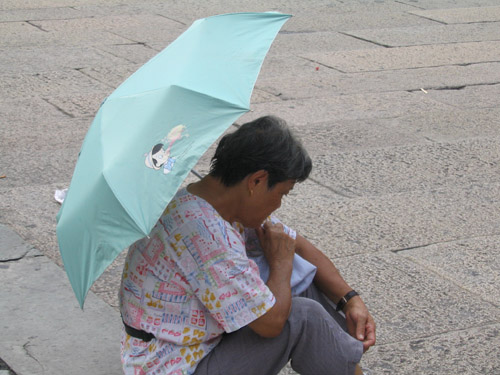
Πρόσφατα σχόλια